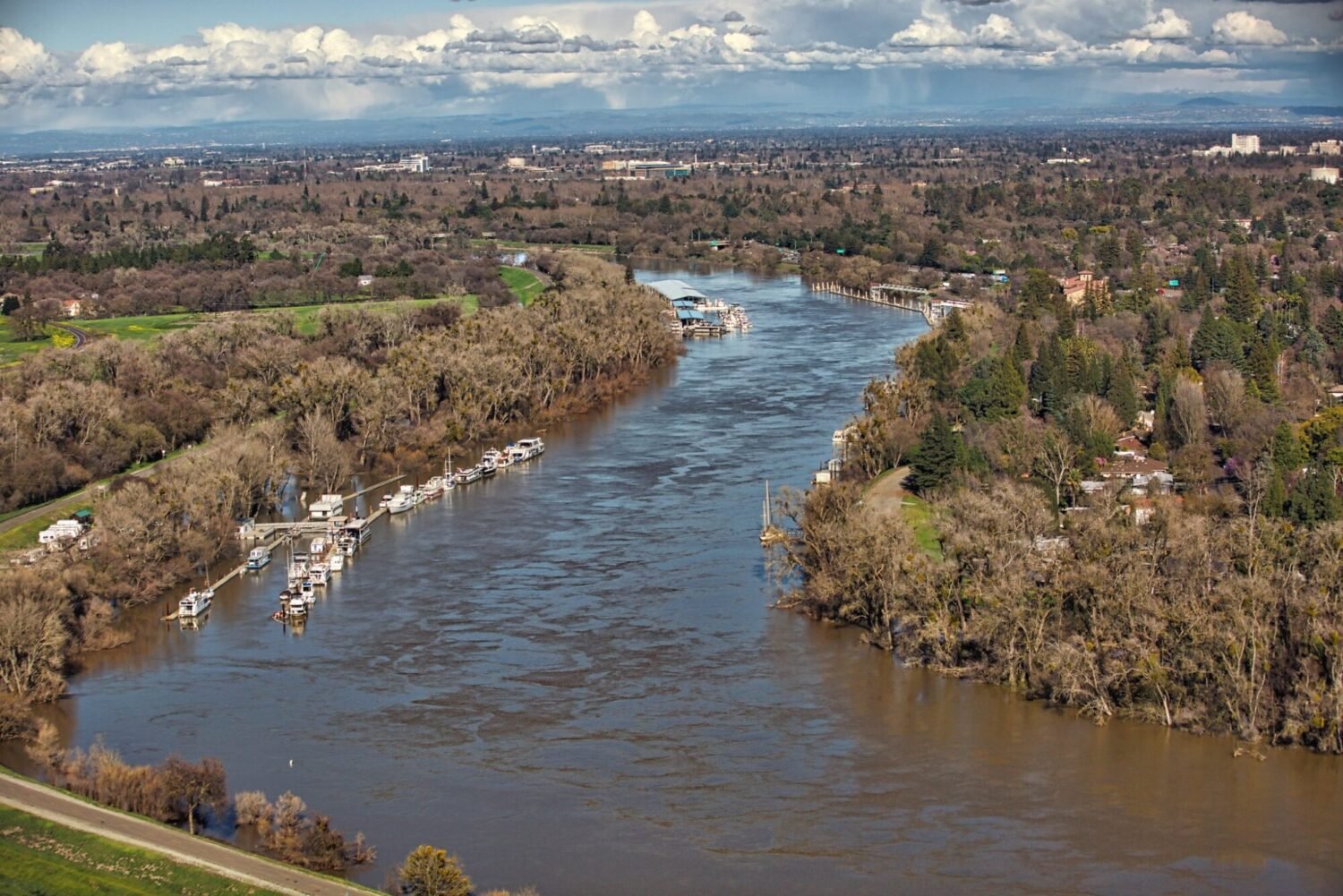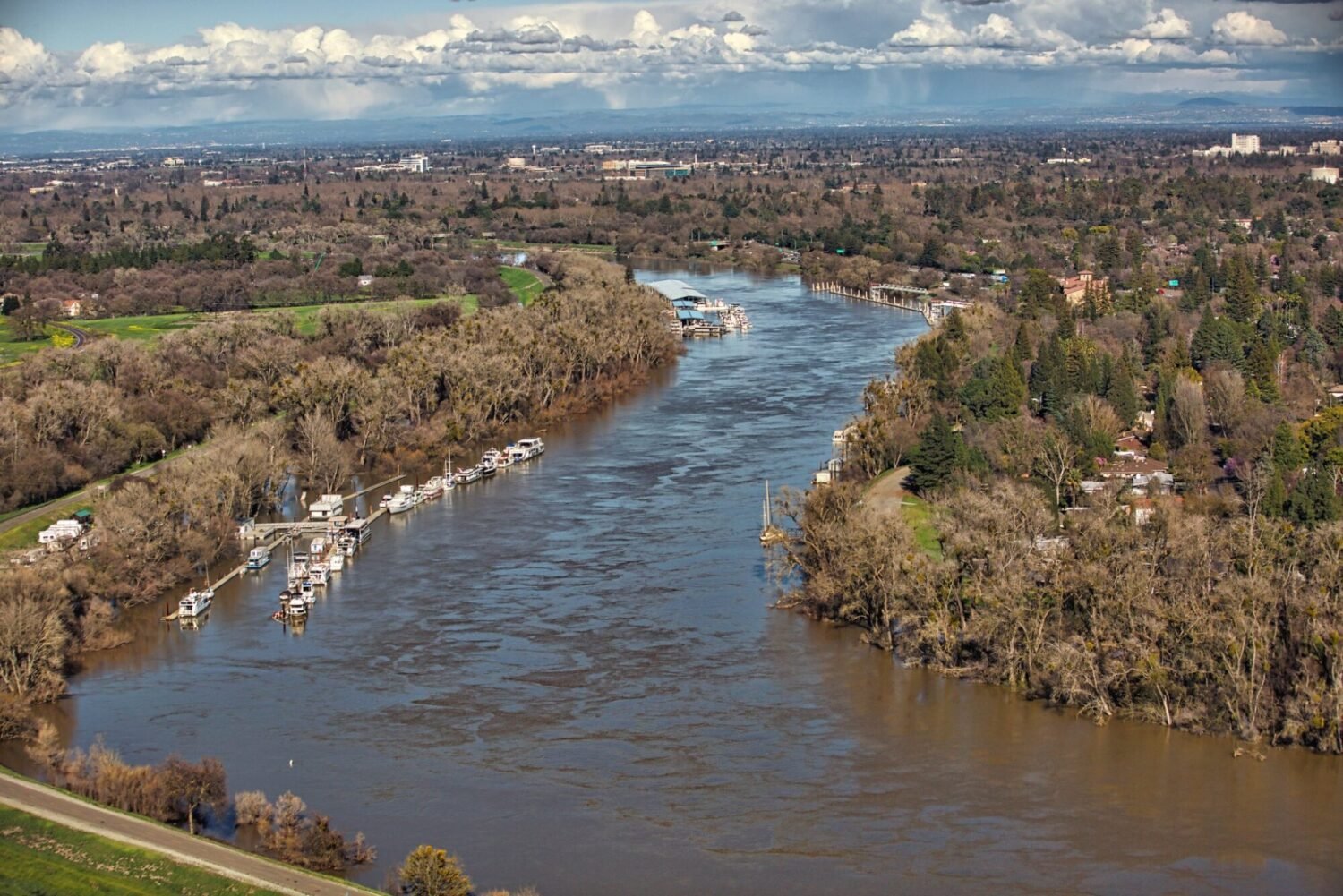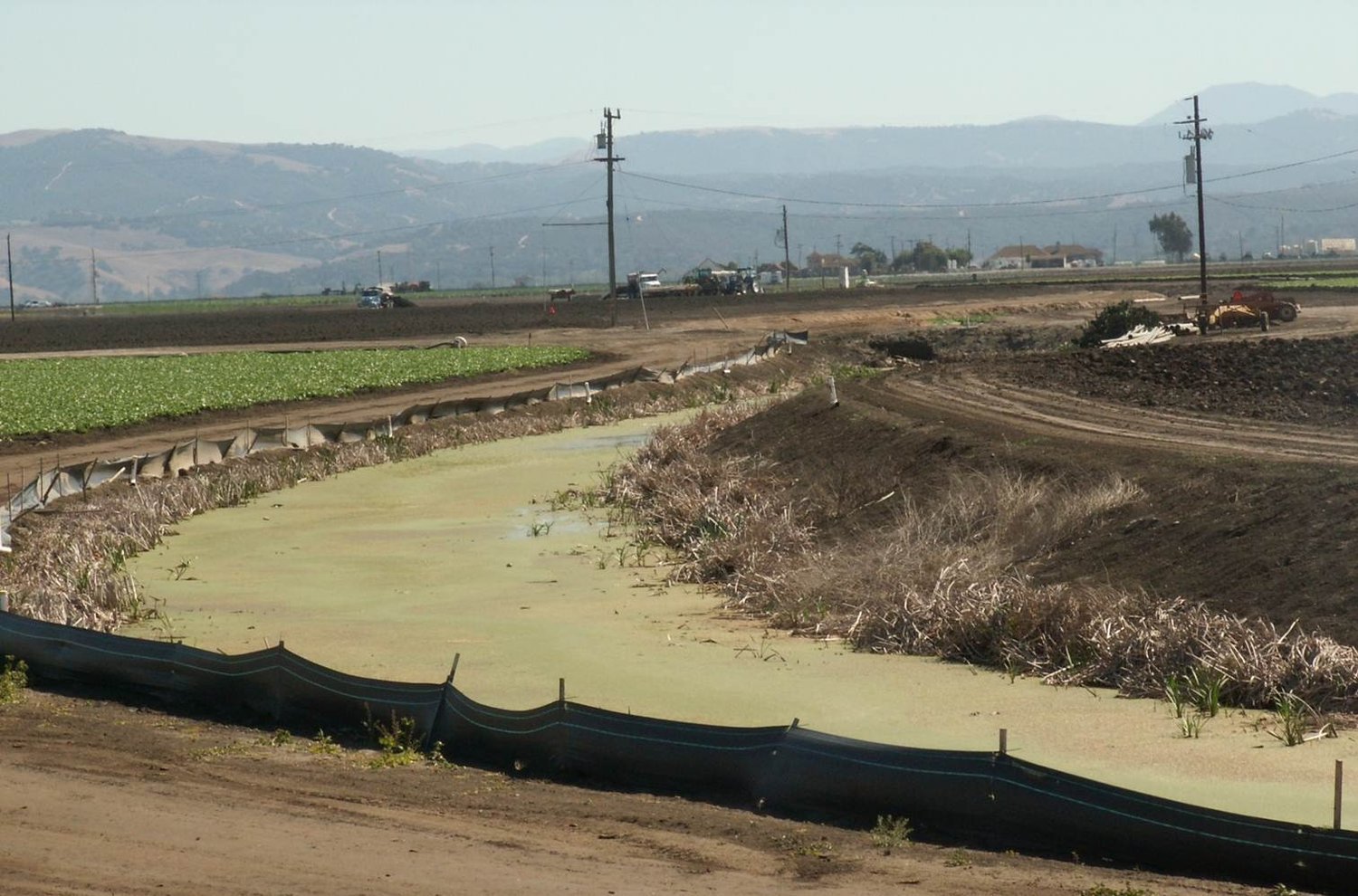
SOCIAL JUSTICE BLOG
Read and share extraordinary stories from the frontlines of social change

Impact Fund Grantees Combat Injustice & Score Major Victories in 2023
As we approach the end of 2023, we wanted to take a moment to reflect on our grantees’ incredible accomplishments. This year, Impact Fund grantees achieved meaningful change for a wide range of communities experiencing injustice, including incarcerated people, racial justice protesters, mobile home residents, unhoused people, and more. We were honored to help support these cases, which demonstrate how impact litigation can be an effective tool to hold powerful entities accountable.

Keeping Sewage Out of the Sacramento-San Joaquin Delta
Following a successful enforcement action by California Coastkeeper Alliance, Sacramento County is now required to repair its outdated sewage system, which has caused multiple sewage overflows over recent years. The County has agreed to invest $100,000 annually toward eliminating sewage discharge through assessments and inspections, cleaning the sewage lines, and repairing or replacing lines that experience repeat stoppages.

Pursuit of Water Protection: Clean Water Access for Communities in the San Joaquin Valley
The Clean Water Project, which spanned our legal, training, and grantmaking programs, focused on bringing communities together to advocate for and gain access to potable water and on funding impact cases that address clean water issues faced by residents of unincorporated communities in the San Joaquin Valley in California. Although we have distributed all the Clean Water Project funds, the Impact Fund remains committed to funding environmental justice cases through our Just Earth program. We will continue to fund cases working to ensure that people’s right to clean water is protected.

Advocates for Clean Water Fight For Environmental Justice as Pollution from California BigAg Creates Looming Central Valley "Flint" Crisis
Discharges from irrigated agriculture are the largest source of pollutionin California’s Central Valley. Water diversions for irrigated agriculture pose significant environmental challenges by diminishing instream flows and depleting aquifers throughout the state. Agricultural operations also pose a significant threat to water quality when nitrates, pesticides, sediment, pathogens, heavy metals, and salts run off fields into surface and groundwater. Farming right up to the riverbank by intensive farming operations has also led to the destruction of natural riparian zones through increased erosion, nutrient and sediment pollution, higher water temperatures, and degraded aquatic habitats.
